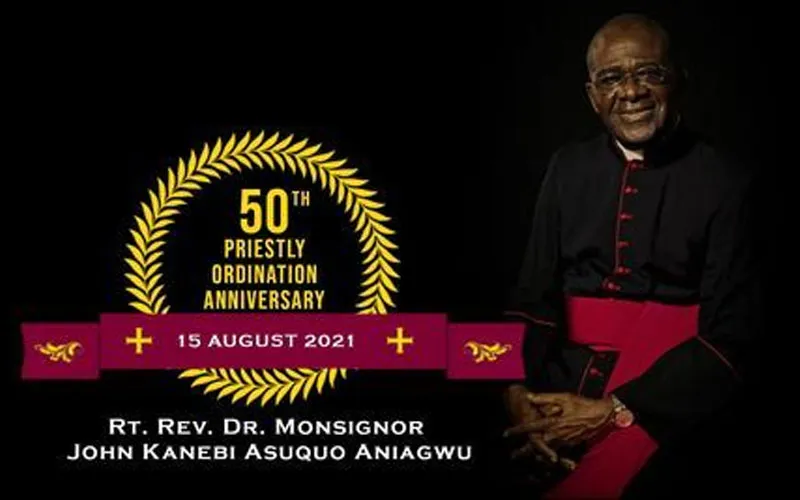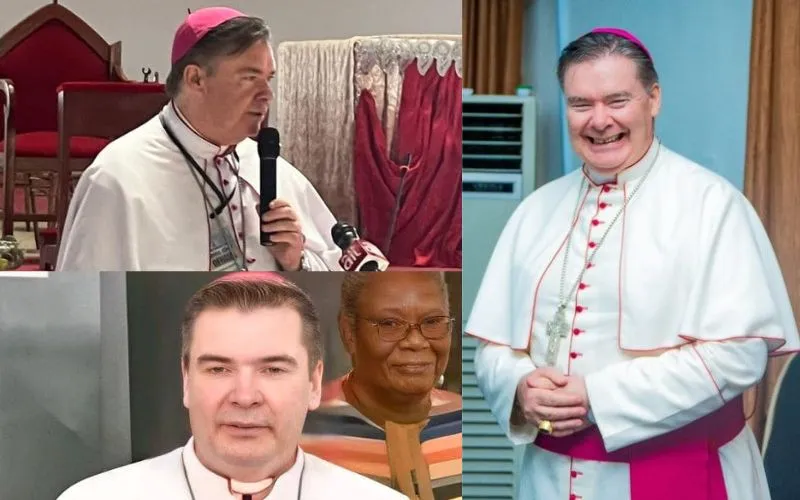Lagos, 03 September, 2021 / 2:41 pm (ACI Africa).
A Catholic Priest in Nigeria’s Lagos Archdiocese has blamed frequent strikes by university teachers in the West African country on what he has referred to as education sector’s “low budgeting.”
In a Thursday, September 2 report, Msgr. John Kanebi Aniagwu identifies misplaced priorities among factors that seem to hinder the provision of quality education in Nigeria.
The Nigerian Catholic Priest says that the Nigerian leadership has contributed to the education sector plight by investing more resources in educating their children abroad and ignoring the education system in the country.
“The ruling class spends fortunes to educate their children abroad, while they give paltry sums to education here. That is why you have universities going on strike every time because the poor lecturers and workers are frustrated,” Msgr. Aniagwu has been quoted as saying at a press conference on the occasion of his Golden jubilee of Priestly ordination.
The Parish Priest of St. Leo Ikeja notes that the increasing cases of strikes by teachers in the country’s universities cannot be alienated from the low budget placed on education by the Nigerian leaders.








